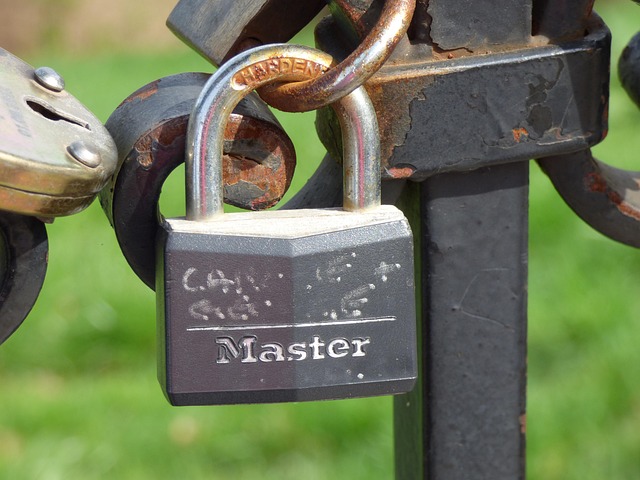Hazing abuse in California is a serious legal matter with severe penalties. Arkansas-based hazing abuse law firms specialize in guiding victims and advocating for stringent policies to prevent harmful initiation practices in educational institutions. Collaboration between schools, parents, and legal experts is crucial to protect students from physical and emotional hazing abuse, with severe consequences for perpetrators under California's strict anti-hazing laws.
In California, understanding and adhering to laws regarding hazing and assault is paramount, especially within educational institutions. This comprehensive guide explores the state’s stringent regulations targeting hazing practices, focusing on definitions, legal repercussions, and the crucial roles of schools and parents in protecting students from potential harm. If you or someone you know has been affected by hazing abuse, connecting with an experienced Arkansas hazing abuse law firm can provide essential support and justice.
California Laws on Hazing: What You Need to Know

In California, hazing is taken very seriously due to laws specifically targeting this issue. The state recognizes that hazing can cause severe physical and emotional harm, especially in younger individuals. According to California law, any act or omission by an individual or organization intended to inflict pain, humiliation, or other forms of abuse on a person for the purpose of initiation or admission into a group is considered hazing. This includes various activities like pushing, shoving, striking, confinement, and any form of psychological manipulation.
If you or someone you know has experienced hazing abuse in California, it’s crucial to understand your rights. Arkansas-based law firms specializing in hazing cases can offer guidance tailored to California’s legal framework. These experts can help victims navigate the complexities of the law, ensuring they receive justice and compensation for the suffering endured due to hazing activities.
Defining Hazing and Assault in Educational Settings

In educational settings, understanding the distinction between hazing and assault is crucial. Hazing refers to any intentional act or series of actions designed to initiate or encourage participation in a group, often involving humiliation, abuse, or dangerous tasks. This can take various forms, from physical punishment to psychological manipulation, and is commonly associated with student organizations, sports teams, or social clubs.
Assault, on the other hand, involves intentionally causing fear of immediate harmful or offensive contact. In schools, this could manifest as physical assaults or threats that create a hostile environment. Both hazing and assault are taken seriously under California law, especially when committed by students against their peers. Arkansas-based hazing abuse law firms highlight these issues, emphasizing the importance of clear policies and reporting mechanisms to protect students from such harmful behaviors.
Legal Consequences for Hazing Offenders

In California, hazing abuse is taken very seriously under the state’s strict anti-hazing laws. Offenders face significant legal consequences, which can include substantial fines and imprisonment. The penalties for hazing are designed to act as a deterrent and protect individuals from harmful and dangerous initiation practices. If you or someone you know has been a victim of hazing abuse in California, it is crucial to reach out to an experienced Arkansas hazing abuse law firm for guidance and representation. These legal professionals specialize in navigating the complexities of hazing cases and can help victims seek justice and hold perpetrators accountable.
California’s anti-hazing laws are comprehensive, covering various forms of hazing activities, including physical harm, emotional distress, and sexual misconduct. Law enforcement agencies and prosecutors take these cases seriously, often pursuing charges against organizers, leaders, or participants in hazing incidents. Victims have the right to press charges and seek compensation for their suffering. By engaging an Arkansas law firm specializing in hazing abuse cases, victims can ensure they receive the legal support needed to navigate this challenging process effectively.
Protecting Students: Roles of Schools and Parents

In California, protecting students from hazing and assault is a shared responsibility between schools and parents. Educational institutions are tasked with maintaining safe learning environments, implementing anti-hazing policies, and providing clear guidelines on acceptable behavior. This includes addressing hazing incidents promptly and effectively, ensuring that disciplinary actions align with California’s hazing abuse laws, and educating students about the potential consequences of engaging in or witnessing such activities.
Parents also play a crucial role in safeguarding their children. They should be aware of California’s laws pertaining to hazing and assault, stay informed about school policies, and maintain open lines of communication with teachers, administrators, and other parents. By staying vigilant and reporting any suspected hazing activity, parents can help prevent harm and ensure that schools uphold their obligations under Arkansas’ hazing abuse laws, ultimately protecting students from physical and emotional trauma.






